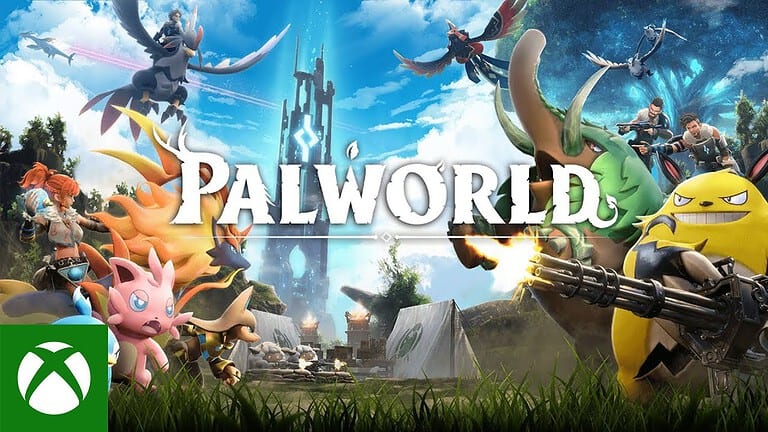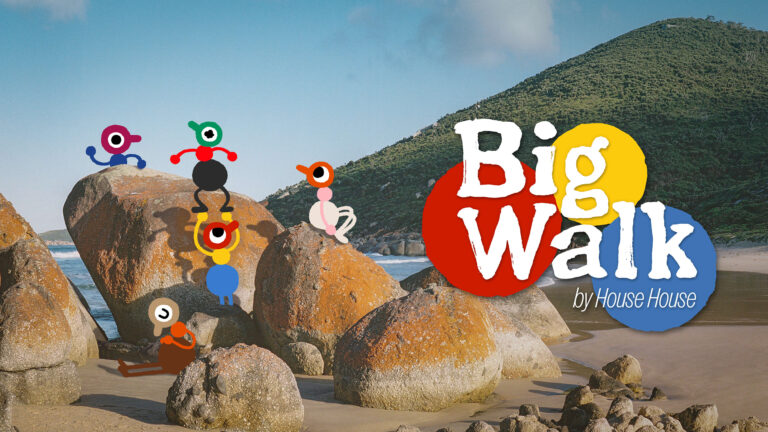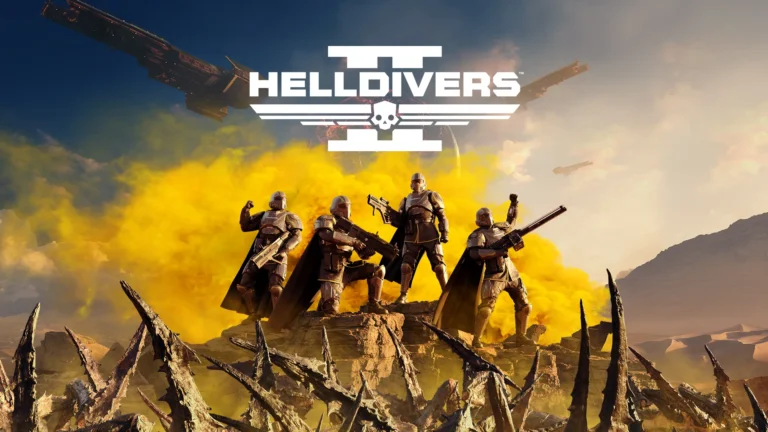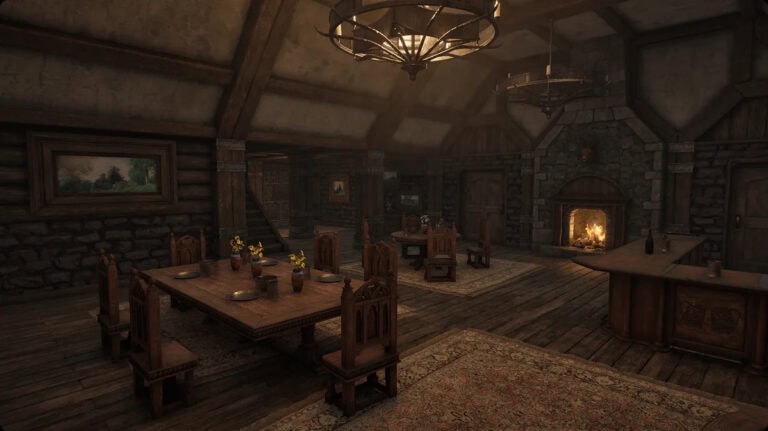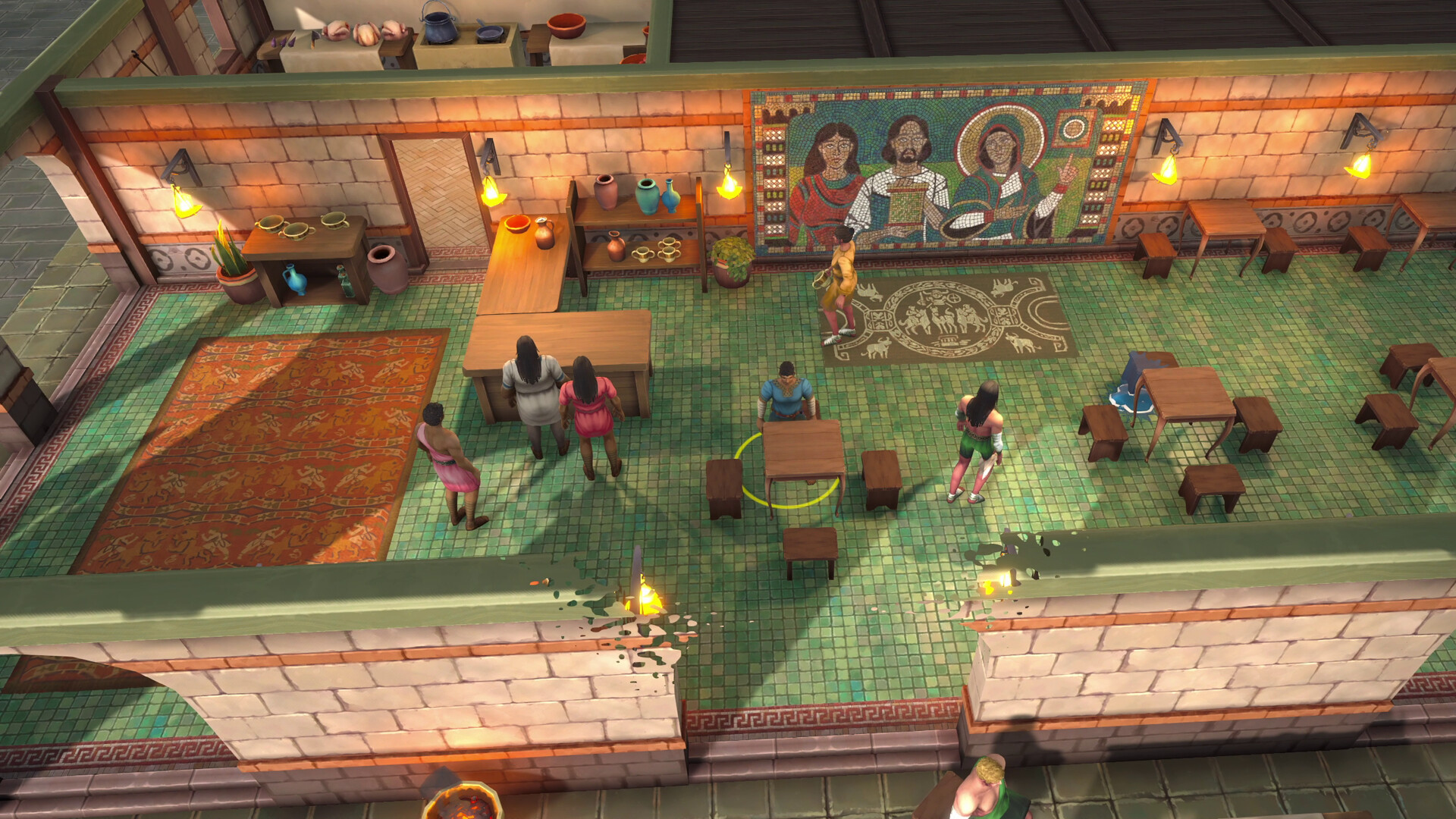
Streets of Fortuna offers players a unique sandbox RPG experience. This upcoming game allows complete freedom to forge your own path in the sprawling city of Fortuna. Players start with nothing and must use their wits to survive and thrive in a dynamic urban environment.
The game emphasizes emergent gameplay over a linear narrative. You can choose from various professions like thief, blacksmith, rebel, priest, or smuggler. Each choice shapes your journey through Fortuna’s bustling streets. The city itself becomes a character, reacting to player actions and evolving organically.
Streets of Fortuna promises long-term support and continuous improvements. The developers focus on enhancing the urban simulation aspects, creating a rich and immersive cityscape. While mechanics related to the outside world exist, they primarily impact life within Fortuna’s boundaries.
What Is Streets of Fortuna?
Streets of Fortuna (2025) is a narrative-driven, choice-based role-playing game that combines procedural storytelling with sandbox-style exploration. Set in the bustling, fictional city of Fortuna, the game immerses players in a living world where every decision shapes your character’s fate, alliances, and reputation.
Unlike traditional RPGs with fixed storylines, Streets of Fortuna generates encounters, quests, and opportunities dynamically, ensuring that no two playthroughs are exactly alike.
Core Gameplay
- Character Creation
- Players start by defining their character’s background, skills, and motivations.
- Choices at this stage influence initial opportunities—whether you begin as a thief in the back alleys, a merchant’s apprentice, or a noble’s ward.
- Dynamic Encounters
- Fortuna is alive with procedurally generated story events.
- You might stumble upon a street brawl, overhear a noble’s secret, or get pulled into a smuggler’s scheme.
- Reputation & Relationships
- Every decision affects how factions and individuals perceive you.
- Reputation can unlock allies, resources, or new storylines—but it can also make enemies.
- Exploration & Freedom
- Fortuna’s districts each have unique cultures, dangers, and opportunities.
- From wealthy merchant quarters to shadowy docks, exploration is key to uncovering hidden plots and treasures.
Key Features in the 2025 Release
- Expanded City Map: New districts and landmarks added for deeper exploration.
- Faction System Overhaul: More nuanced relationships with guilds, nobles, and street gangs.
- Enhanced Procedural Storytelling: Smarter AI-driven encounters for richer narrative variety.
- Customization Options: Expanded character traits, backgrounds, and visual personalization.
- Replayability Boost: New endings and branching paths ensure long-term engagement.
Tips for New Players
- Balance Risk and Reward: Fortuna’s streets are full of opportunities, but reckless choices can quickly ruin your reputation.
- Invest in Skills: Choose abilities that align with your playstyle—stealth, persuasion, or combat.
- Pay Attention to Factions: Aligning with one group may close doors with another. Plan carefully.
- Explore Thoroughly: Hidden encounters often yield the most memorable stories.
- Embrace Failure: Not every decision leads to victory—sometimes setbacks create the most compelling narratives.
Who Will Enjoy Streets of Fortuna?
- Fans of narrative RPGs who love branching stories.
- Players who enjoy replayability and procedural generation.
- Gamers seeking immersion in a richly detailed, living city.
- Storytellers and roleplayers who thrive on choice-driven gameplay.
Final Thoughts
Streets of Fortuna (2025) isn’t just a game—it’s a storytelling engine wrapped in the drama of a vibrant, ever-changing city. Whether you rise as a noble hero, a cunning thief, or a power broker pulling strings from the shadows, Fortuna ensures your journey will be uniquely yours.
Key Takeaways
- Players start with nothing and must survive in a dynamic, open-world city
- Multiple career paths and lifestyle choices shape the gameplay experience
- The game features emergent chaos and a reactive urban environment
Exploring the Dynamics of Fortuna
Streets of Fortuna offers a complex sandbox RPG experience set in a vibrant city. Players navigate a world of intrigue, trade, and social interactions while carving out their own path to success.
Understanding Megasim Mechanics
Streets of Fortuna uses megasim mechanics to create a living, breathing city. These systems simulate countless interactions between NPCs, the economy, and player actions. The game tracks various factors like NPC relationships, market prices, and faction influence.
Players can impact these systems through their choices. Selling goods affects market prices. Helping or hindering NPCs changes relationships. Joining factions shifts the balance of power.
The megasim creates a dynamic environment where player actions have far-reaching consequences. This allows for emergent storytelling and unique experiences with each playthrough.
The Role of Emergent Chaos in Gameplay
Emergent chaos is a key feature of Streets of Fortuna. It refers to unexpected events and situations that arise from the complex interactions within the game world. This chaos creates unpredictable scenarios for players to navigate.
A simple theft might snowball into a city-wide manhunt. A chance encounter could lead to a lucrative business opportunity. The game’s systems interact in ways that surprise both players and developers.
This emergent chaos keeps gameplay fresh and exciting. It challenges players to adapt to ever-changing circumstances. No two playthroughs are ever the same due to these dynamic elements.
Character Roles within Fortuna
Streets of Fortuna offers players a wide range of character roles to explore. Each role provides unique gameplay experiences and ways to interact with the city.
Thieves use stealth and cunning to profit from the shadows. Priests wield spiritual influence and navigate religious politics. Rebels fight against the established order, seeking to overthrow the Overlord.
Smugglers exploit the black market, moving illegal goods for profit. Lovers focus on building relationships and navigating social circles. Street rats start from nothing, using wit and determination to rise through the ranks.
Players can switch between roles or combine aspects of multiple roles. This flexibility allows for diverse playstyles and character development paths within Fortuna’s rich social landscape.
Street Life and Survival
Life on the streets of Fortuna is tough. Players must navigate hunger, fatigue, and find safe places to rest while avoiding danger and building connections.
Managing Basic Needs on the Streets
Food and sleep are constant concerns for new arrivals in Fortuna. Players start as a “hungry, tired nobody” and must find ways to eat and rest. Stealing food may be tempting but risky. Some NPCs might offer meals in exchange for small tasks.
Safe places to sleep are scarce. Alleyways and abandoned buildings provide shelter but leave players vulnerable. Building relationships with locals could lead to better sleeping spots. Managing energy becomes crucial – players must balance time spent on survival versus pursuing goals.
Being a Part of Fortuna’s Communities
Fortuna has diverse communities players can join. Gaining trust takes time but offers benefits like protection, resources, and opportunities. Options include:
- Thieves’ guilds
- Religious groups
- Trade organizations
- Rebel factions
Each community has its own culture and expectations. Players should choose carefully based on their skills and goals. Reputation matters – actions have consequences across the city’s social networks.
Building connections opens doors. A priest may offer sanctuary, while befriending a blacksmith could lead to an apprenticeship. The right allies make street survival easier and create paths to power.
Vocations and Social Structure
Streets of Fortuna mirrors the complex social hierarchy and economic systems of ancient Constantinople. The game offers players a chance to experience the diverse vocations and social strata of the wealthiest city in the medieval world.
Trade and Economy in the Wealthiest City
Fortuna’s economy thrives on trade and craftsmanship. Players can choose from various professions, including blacksmiths and cooks. Blacksmiths forge weapons and tools, while cooks prepare meals for the city’s inhabitants.
The marketplace buzzes with activity. Merchants sell exotic goods from far-off lands. Artisans showcase their crafts in bustling workshops.
Players must navigate the economic landscape carefully. They can rise from humble beginnings to become wealthy traders or influential guild masters.
The game’s dynamic economy responds to player actions. Prices fluctuate based on supply and demand. Shrewd traders can amass fortunes by exploiting market trends.
The Social Ladder of Constantinople
Fortuna’s social structure reflects the stratified society of medieval Constantinople. Players start at the bottom and can climb the social ladder through their choices and actions.
At the top sit the nobility and wealthy merchants. They wield significant influence over city affairs. The middle class consists of skilled artisans and successful traders.
Lower classes include laborers, servants, and the poor. Each social group has unique challenges and opportunities. Players must navigate these social distinctions to advance their status.
Social mobility is possible but challenging. Players can gain favor with influential figures through quests or business dealings. Joining guilds or religious orders offers paths to higher social standing.
The game encourages players to explore different social roles. They can experience life as a street vendor or aspire to challenge the city’s ruler.
Free-Roaming and Story Progression
Streets of Fortuna offers players a vast sandbox experience with non-linear progression. The game emphasizes player choice and emergent gameplay over a traditional story structure.
Interacting with the Open World
Streets of Fortuna presents a sprawling city for players to explore. The game world teems with opportunities for various activities. Players can choose to become thieves, blacksmiths, rebels, priests, smugglers, or even street rats. Each path offers unique challenges and rewards.
The city of Fortuna reacts dynamically to player actions. Stealing from shops may lead to increased security measures. Helping citizens could improve one’s reputation. The game’s systems intertwine, creating a complex web of cause and effect.
Players must navigate the city’s social hierarchy. They can form alliances, make enemies, or try to stay neutral. The open world design allows for creative problem-solving and multiple approaches to objectives.
The Influence of Non-linear Progression on Sandbox Experience
Streets of Fortuna breaks away from linear storytelling. Instead, it embraces emergent chaos as its core gameplay principle. This approach significantly impacts the player’s journey through the game.
The absence of a fixed narrative allows for greater player agency. Each decision shapes the character’s path and the city’s future. Players can set their own goals, whether it’s amassing wealth, gaining power, or challenging the ruling Overlord.
This non-linear structure enhances replayability. No two playthroughs are likely to be the same. Players can experiment with different roles and strategies, discovering new aspects of Fortuna with each attempt.
The game’s systems create organic story moments. A failed heist might lead to an unexpected alliance. A chance encounter could spark a city-wide rebellion. These emergent narratives give each player a unique tale to tell.
Frequently Asked Questions
Streets of Fortuna players have many questions about the game’s features, availability, and performance. Here are answers to some common queries.
What platforms support the Streets of Fortuna game?
Streets of Fortuna is available on PC through Steam. The game’s free-roaming sandbox style is well-suited for keyboard and mouse controls.
Can Streets of Fortuna be played in multiplayer mode?
Streets of Fortuna is a single-player game. It focuses on the player’s individual journey through the chaotic city of Fortuna.
What are the system requirements for Streets of Fortuna?
Exact system requirements are not publicly listed. The game is a sandbox RPG, so it likely needs a moderately capable PC to run smoothly.
When was Streets of Fortuna officially released?
The official release date for Streets of Fortuna is not mentioned in the available information. The game may still be in development or early access.
Has Streets of Fortuna received any recent updates or patches?
The developers plan to support Streets of Fortuna long-term. They aim to improve the urban simulation aspects of the game over time.
What are the critical and user reviews saying about Streets of Fortuna?
Specific reviews are not provided in the search results. The game’s unique concept of a “megasim sandbox RPG with emergent chaos” has generated interest among players.

